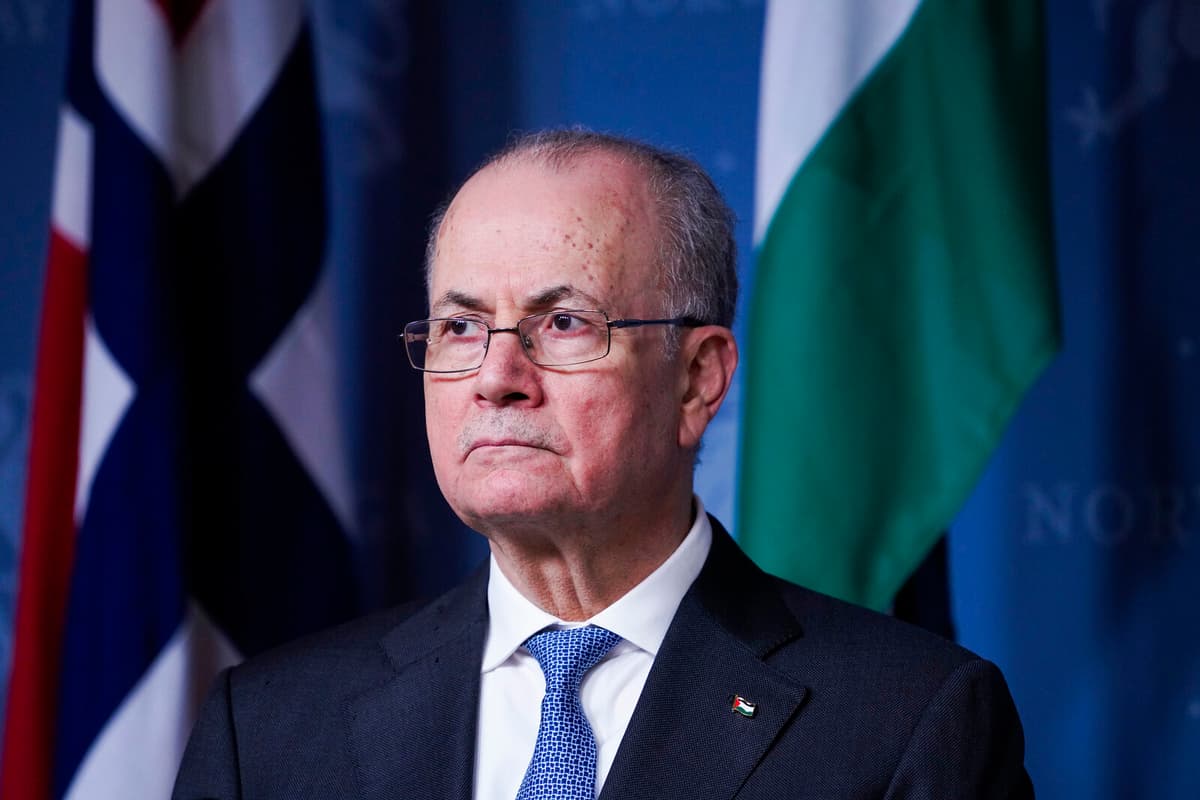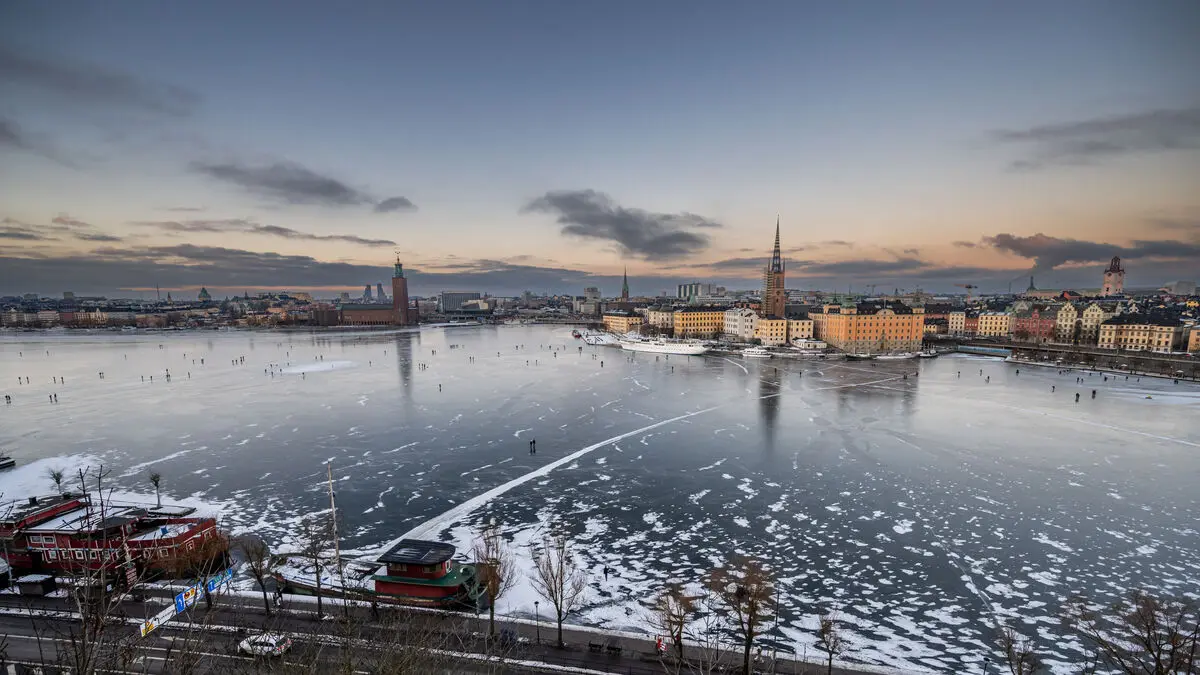While we wait for the ceasefire, it is important to emphasize that it will not be acceptable for any other entity to control the Gaza Strip except the legitimate Palestinian leadership and the government of the State of Palestine, says Prime Minister Mohammed Mustafa.
He is speaking in Oslo, where representatives from more than 80 states have gathered to discuss the prospects for a two-state solution in the Middle East.
The Palestinian Authority is responsible for limited Palestinian self-government on the West Bank, which has been under Israeli occupation since 1967. The Authority is led by the secular party Fatah. A conflict between Fatah and the Islamist movement Hamas ended with Fatah being driven out of the Gaza Strip in 2007, after which Hamas has maintained a separate government there.
The outgoing US government has pushed for a solution where the Palestinian Authority is strengthened and allowed to take power in Gaza ahead of a later state formation, which the Israeli government completely opposes.
Fatah and Hamas have made attempts at reconciliation over the past year. After Chinese mediation, they said last summer that they were ready to form a future unity government, but earlier promises of that kind have not led to anything.
The Oslo Agreement was signed on September 13, 1993, by Israeli Prime Minister Yitzhak Rabin and the leader of the Palestinian umbrella organization PLO, Yasser Arafat.
The purpose of the agreement was to move from conflict to "strive for a life of peaceful coexistence" between Israelis and Palestinians.
It did not explicitly mention a two-state solution, but created mechanisms for self-government, which the Palestinian Authority with a presidential office in Ramallah on the West Bank.
PLO recognized Israel as a state and Israel recognized PLO as the representative of the Palestinians.
In 1994, Rabin and Arafat received the Nobel Peace Prize.
But the violence escalated. Rabin was murdered by an Israeli right-wing extremist in 1995. A second Palestinian uprising – intifada – broke out in 2000. Since Hamas took control of the Gaza Strip in 2007, the militant Islamist movement has fought several wars with Israel. The one that is ongoing today is the largest.
Israel has allowed Jewish settlements to grow on the occupied West Bank, which the Palestinians see as their future state. There and in the annexed eastern Jerusalem, which the Palestinians want to see as their capital, hundreds of thousands of Israeli settlers live.






